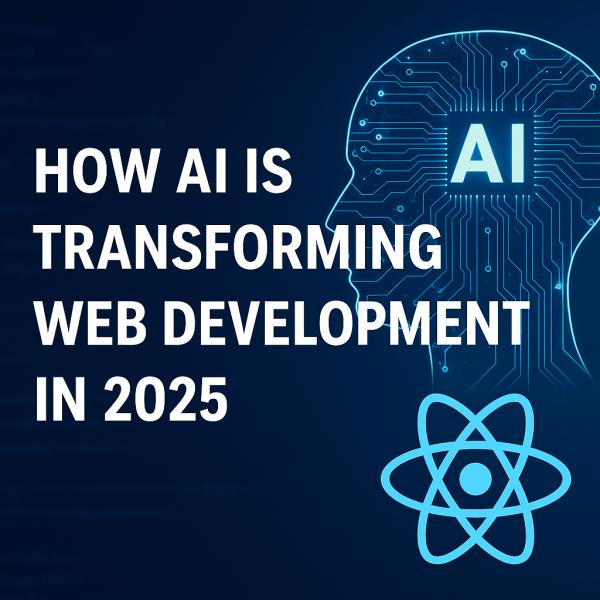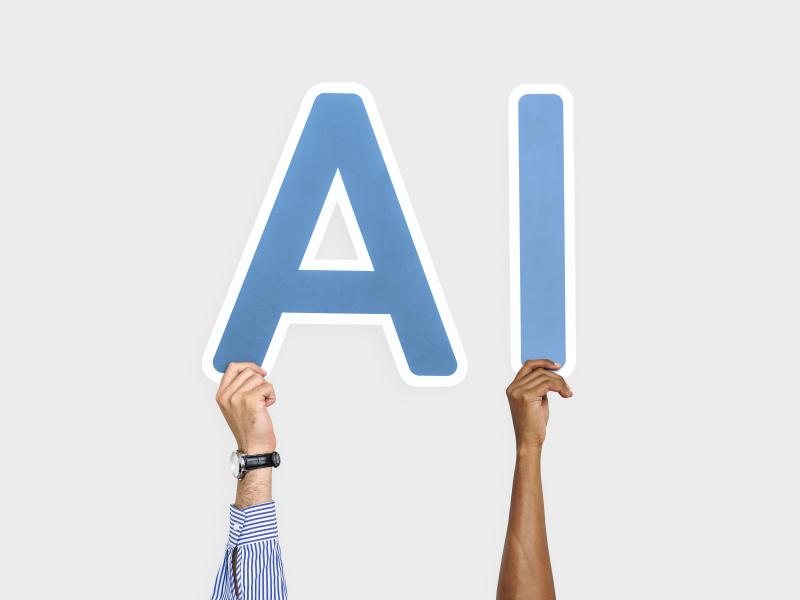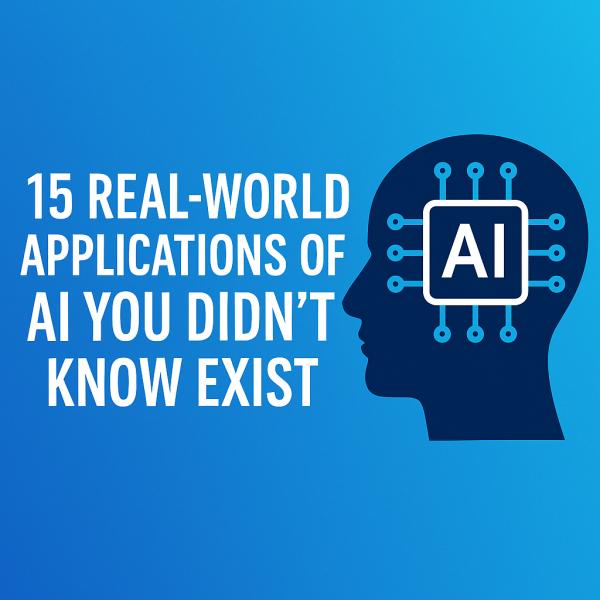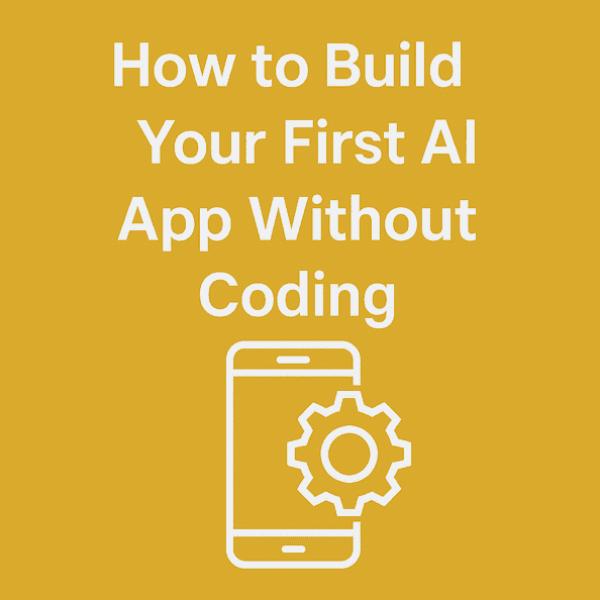In 2025, AI isn't just assisting developers—it’s becoming a digital partner. From writing code to testing, AI is transforming how we build websites faster, smarter and more user-centric.
1. AI-Powered Code Generation
AI tools like GitHub Copilot, Tab nine and Amazon CodeWhisperer are helping developers write code faster and with fewer errors. These tools suggest complete functions, detect bugs, and even optimize your code for performance.
Example:
You type: function getUserData()
AI Suggestion: Auto-generates the full function using standard API patterns.
2. Smart Design With AI
AI is also assisting in UI/UX design. Platforms like Wizard and Framer AI help convert simple sketches or written prompts into real HTML/CSS code and layout components, saving designers hours of manual work.
3. Personalized User Experiences
AI collects user behavior data and helps tailor web experiences in real time. Whether it's recommending content, changing UI elements based on usage patterns or adjusting themes—AI ensures every visitor sees a personalized interface.
4. AI-Based Testing & Debugging
Automated testing with AI now identifies bugs and performance issues before they even hit production. Tools like Testim and Functions simulate real user behavior and recommend fixes.
5. Chatbots & Virtual Assistants
Modern websites now integrate AI-powered chatbots that can understand, process and respond to user queries more naturally using NLP (Natural Language Processing), improving customer support without extra staffing.
6. SEO & Content Automation
AI tools like Jasper and Surfer SEO help generate blog content, analyze keywords and optimize pages for better search engine rankings—all within seconds.
The future of web development is AI assisted. It doesn't replace developers—but makes us faster, smarter and more innovative. As these tools grow, developers who understand how to integrate AI will lead the future of the internet.





